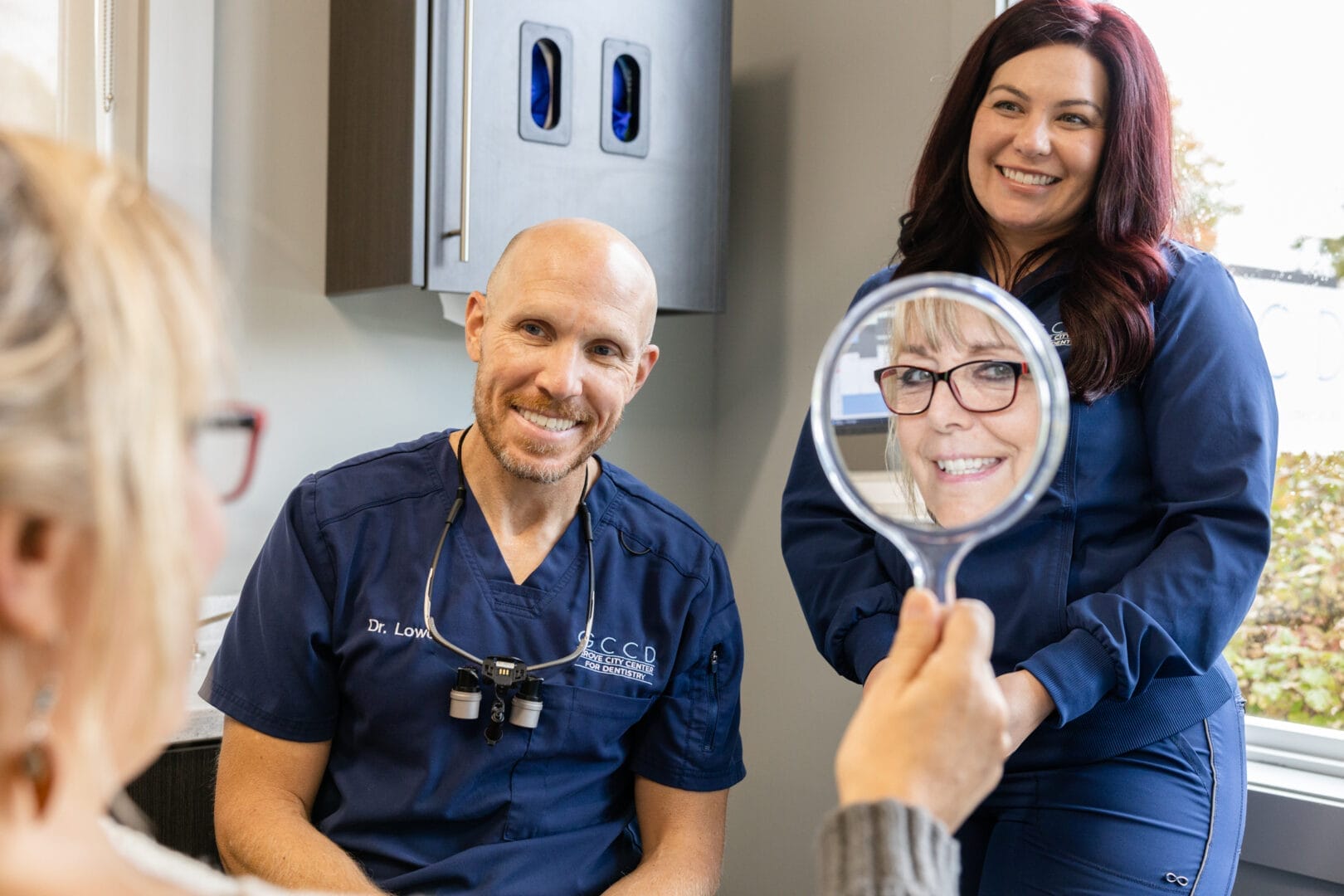Finding a reliable dentist affects your oral health for years to come. A good dental practice becomes your partner in maintaining healthy teeth and preventing serious dental issues.
This guide walks you through the essential steps to locate quality dental care in your area.
Start with Your Insurance Network
Your dental insurance plan provides the foundation for your search.
Most insurance companies maintain online directories of covered dentists in your area. This approach saves money and narrows your options to affordable choices. Contact your insurance provider directly if their website lacks detail.
Some dentists work outside insurance networks but offer payment plans or cash discounts. Consider these options if you find an excellent dentist who doesn’t accept your insurance.
Ask about coverage limits, annual maximums, and which dental services require pre-authorization. Understanding these details prevents surprise bills later. Many patients discover important restrictions only after receiving treatment.
Research Credentials and Experience
Verify your potential dentist’s credentials through your state dental board website. Every licensed dentist appears in these databases with information about their education, certifications, and any disciplinary actions.
Look for dentists who graduated from accredited dental schools. The American Dental Association maintains a list of recognized programs. Board certification in specialties like cosmetic dentistry or restorative dentistry indicates additional training and expertise.
Experience matters in dental care. Dentists who have practiced for several years typically handle complex cases with greater skill. However, recent graduates often bring knowledge of the latest techniques and technology.
Evaluate Available Services
Consider your current and future dental needs when selecting a practice.
A full-service dental office that offers general dentistry, preventive care, and basic restorative treatments handles most routine needs.
Some practices specialize in specific areas like cosmetic dentistry or focus primarily on preventive care. Others partner with specialists for procedures like root canals or oral surgery. Ask about referral relationships if the practice doesn’t provide all services in-house.
Treatment options vary significantly between practices. Modern dental offices invest in digital X-rays, laser treatments, and same-day crown technology. These advances often improve comfort and reduce treatment time.
Check Location and Office Hours
Convenience plays a major role in maintaining regular dental visits. Choose a dentist within a reasonable distance from your home or workplace. Factor in traffic patterns and parking availability when making this decision.
Many dental practices offer early morning, evening, or Saturday appointments to accommodate working patients. Emergency availability is equally important for urgent dental issues. Office hours and days of operation must align with your schedule. Some practices operate multiple locations with shared records and treatment protocols. This setup provides flexibility for scheduling while maintaining continuity of care.
The distance you travel affects your commitment to regular dental visits. Patients who choose convenient locations maintain better oral health through consistent care.
Read Reviews and Ask for Referrals
Online reviews offer insights into patient experiences, but read them critically. Look for patterns in feedback rather than focusing on individual complaints or praise.
Pay attention to comments about staff friendliness, wait times, and communication quality. Professional referrals carry significant weight from your current dentist, physicians, or pharmacists who know quality practitioners in the area.
Personal referrals from friends and family provide valuable perspectives. Ask specific questions about treatment quality, comfort during procedures, and how the practice handles insurance claims.
Schedule a Consultation
A consultation visit reveals important information about the dental practice.
The office environment should appear clean and organized. Staff members should greet you professionally and handle scheduling efficiently. Modern equipment indicates a commitment to quality care and current treatment standards.
During your visit, observe the technology and equipment. Digital X-rays, intraoral cameras, and computer-assisted treatment planning show investment in patient care. Notice how the dentist communicates during your examination.
Good dentists explain dental issues clearly and discuss treatment options without pressuring you toward expensive procedures. They should answer your questions thoroughly and address any concerns about your oral health.
Ask the Right Questions
Prepare specific questions before your consultation. Ask about the dentist’s experience with conditions similar to yours.
Inquire about their approach to preventive care and how they stay current with dental advances:
- What dental services do you provide in-house?
- How do you handle dental emergencies outside office hours?
- What payment options and financing plans do you offer?
- How far in advance do I need to schedule routine appointments?
Financial questions matter as much as clinical ones. Understand the practice’s policy on insurance claims, payment deadlines, and fees for missed appointments. Clear financial communication prevents misunderstandings that can damage the patient-dentist relationship.

Consider the Total Patient Experience
The best dentists create comfortable experiences that reduce anxiety about dental visits.
Some practices offer amenities like headphones, blankets, or sedation options for nervous patients. Others focus on efficiency and quick appointment turnover. Think about your preferences and comfort level when evaluating different practice styles.
Staff consistency contributes to good patient relationships. Practices with low turnover typically provide better continuity of care. The same hygienist often knows your dental history and can spot changes more easily.
Patient communication styles vary between practices. Some dentists provide detailed explanations of every procedure, while others prefer minimal discussion and focus on efficient treatment.
Related Article: What to Expect at Your First Dental Appointment
Make Your Decision
Trust your instincts along with the facts. The best dentist combines technical skill with a communication style that makes you comfortable.
Quality dental care requires a partnership between you and your dental team. Don’t rush this decision since your oral health connects to your overall health in important ways. Tooth decay, gum disease, and other dental issues can contribute to serious health problems when left untreated.
Related Article: How Your Dentist Can Spot More Than Just Tooth Problems
Maintain Your Dental Health
Once you find a good dentist in Grove City, commit to regular dental visits. Most patients benefit from cleanings and examinations every six months.
Consistent preventive care catches problems early when they’re easier and less expensive to treat. Your new dentist will develop a personalized care plan based on your oral health needs. Follow their recommendations for home care, including proper brushing and flossing techniques.
This partnership approach maximizes the benefits of professional dental care. Finding quality dental care requires research and patience, but the investment pays dividends in long-term oral health. The right dental practice supports your health for decades to come.









